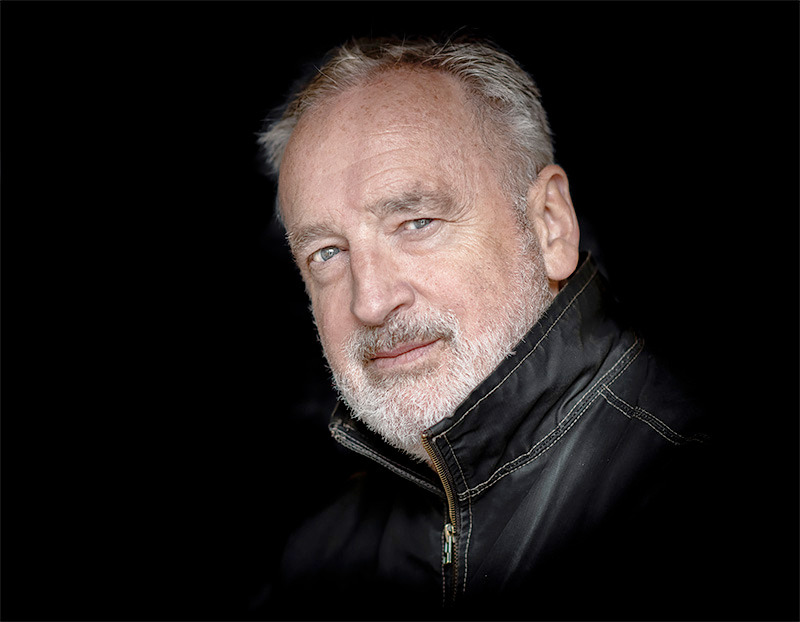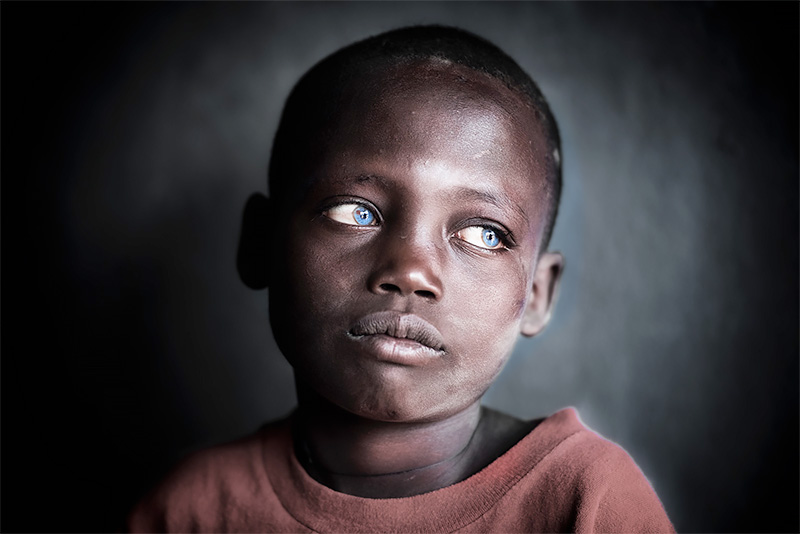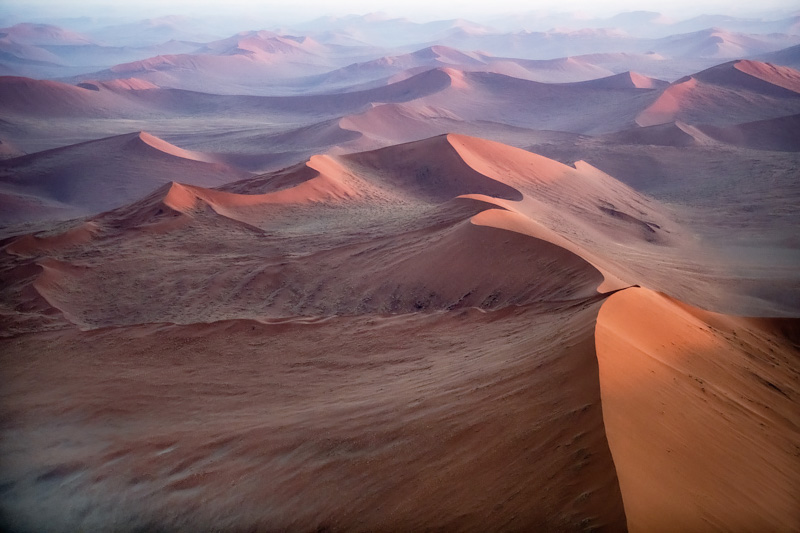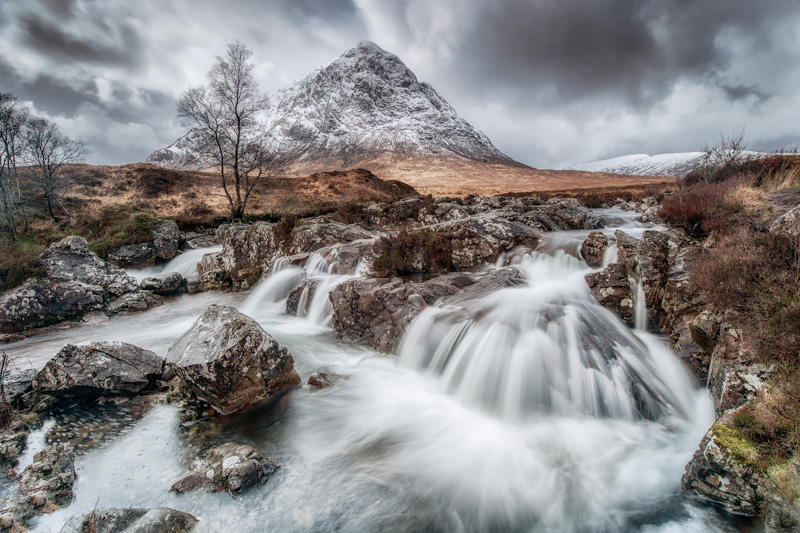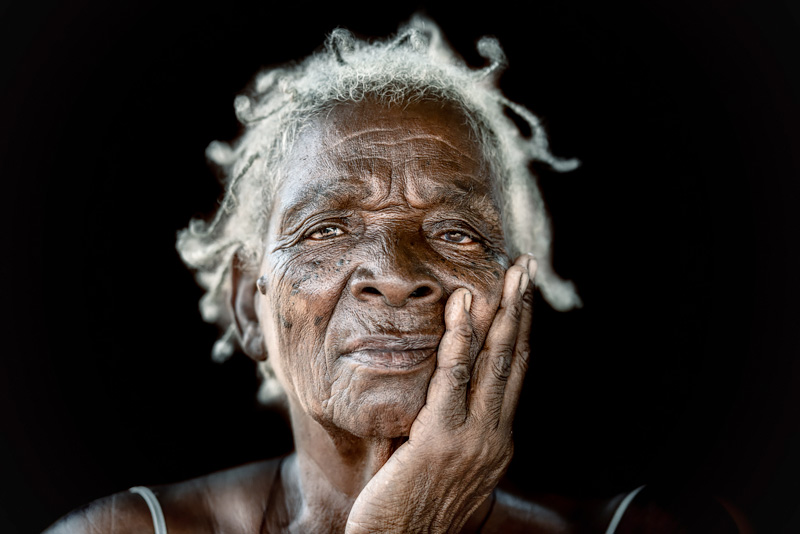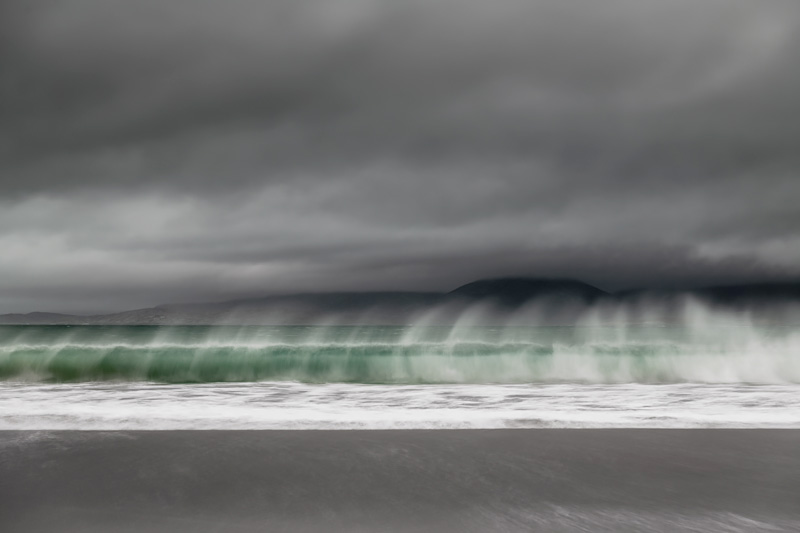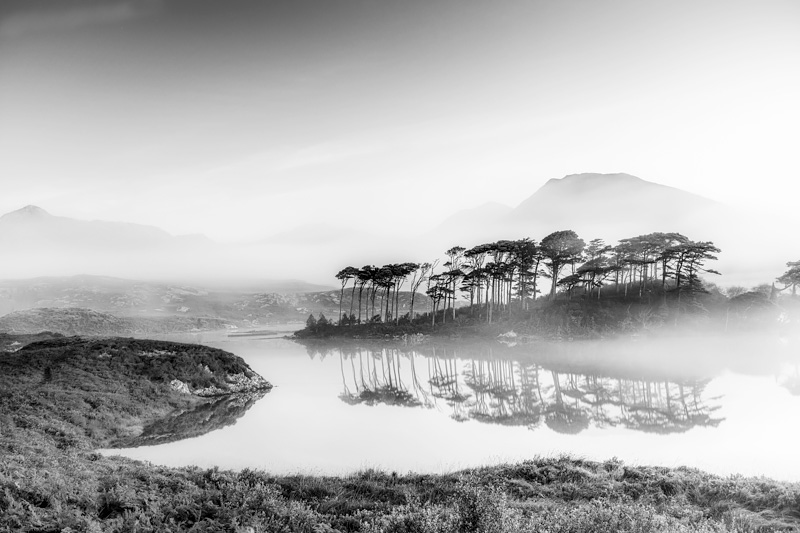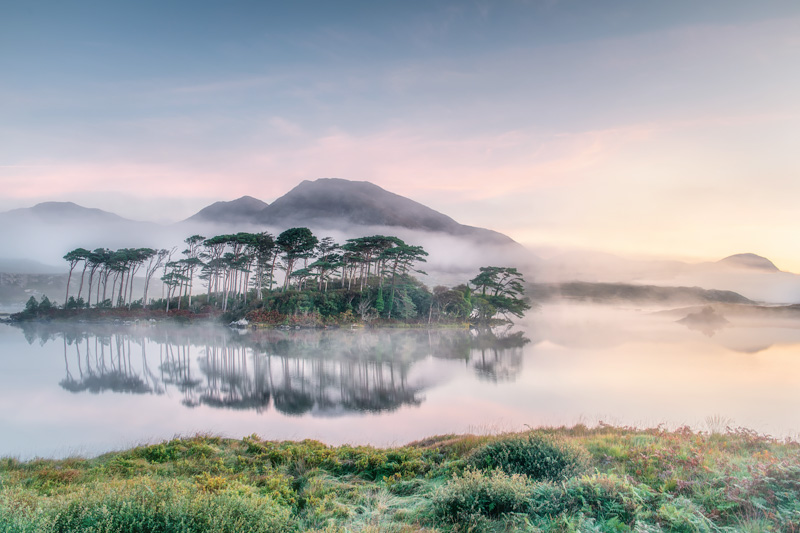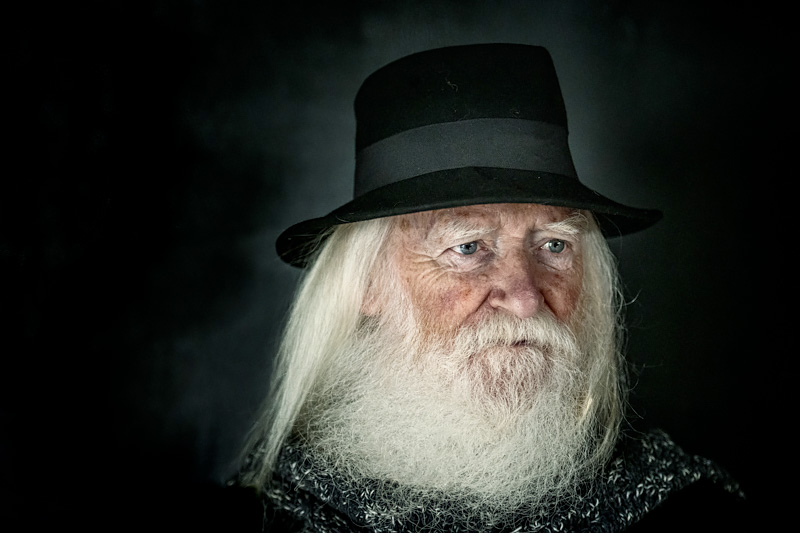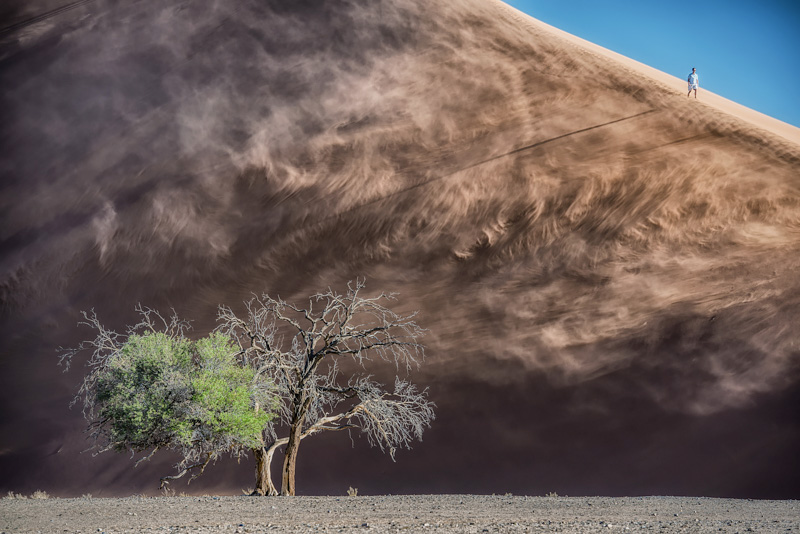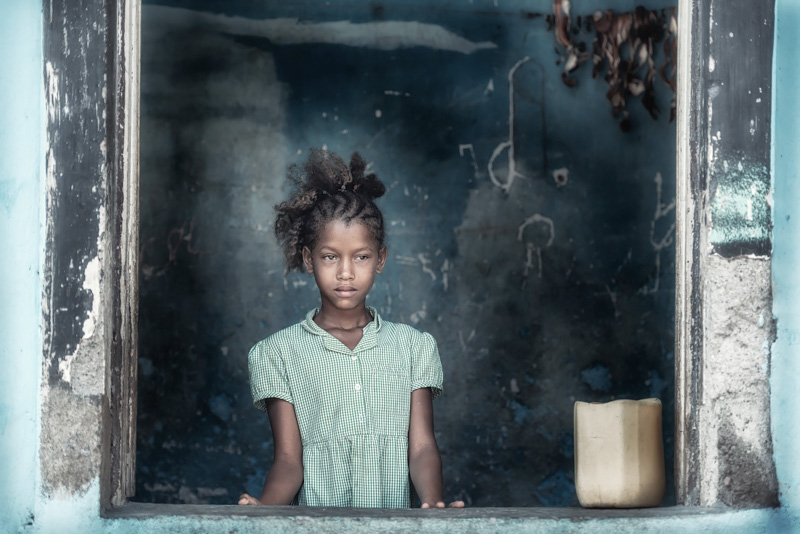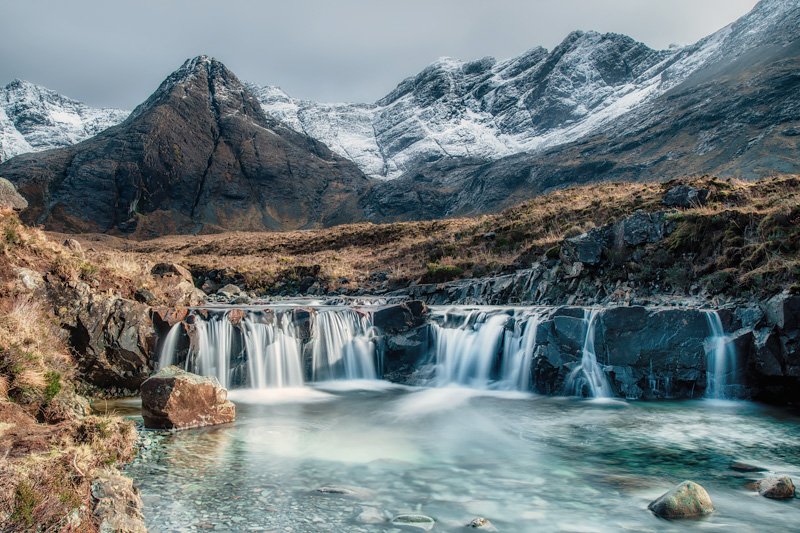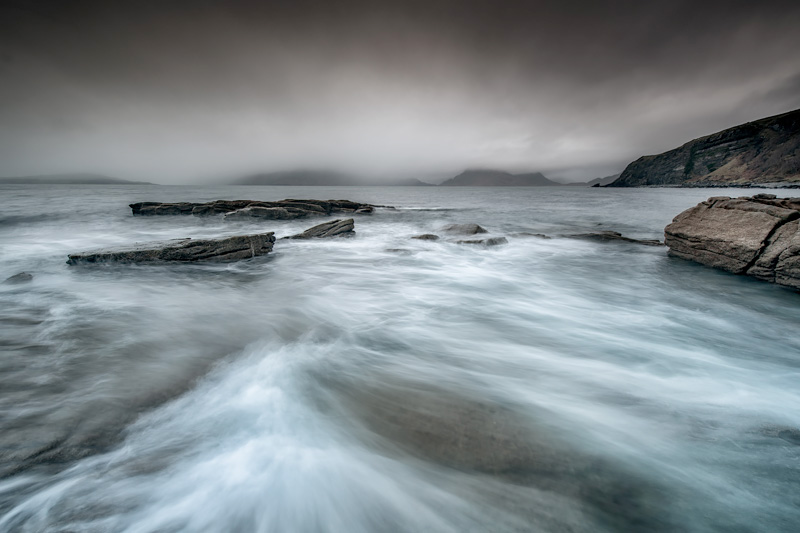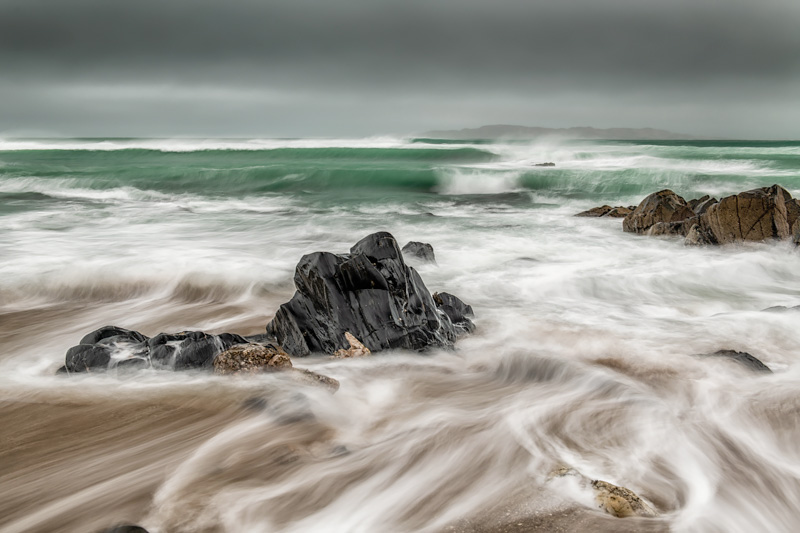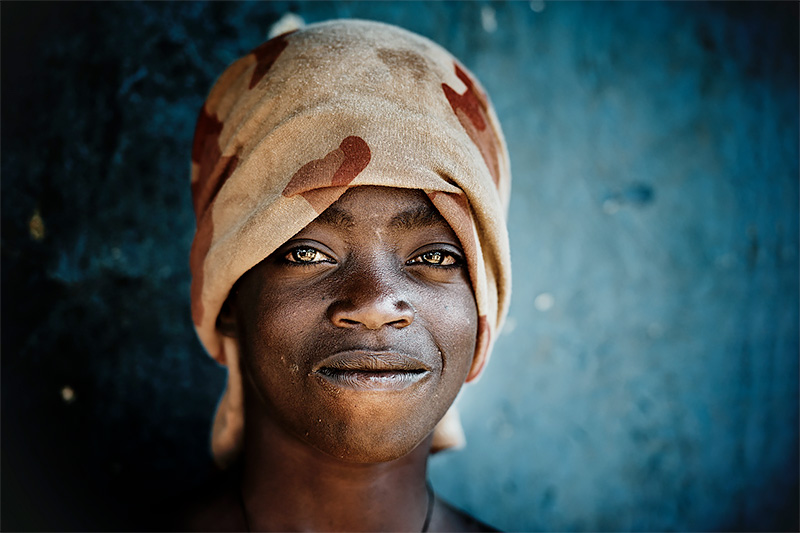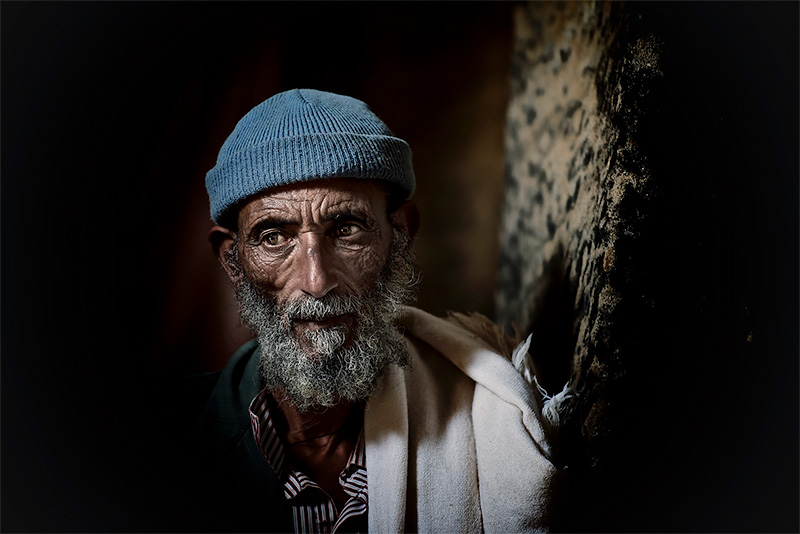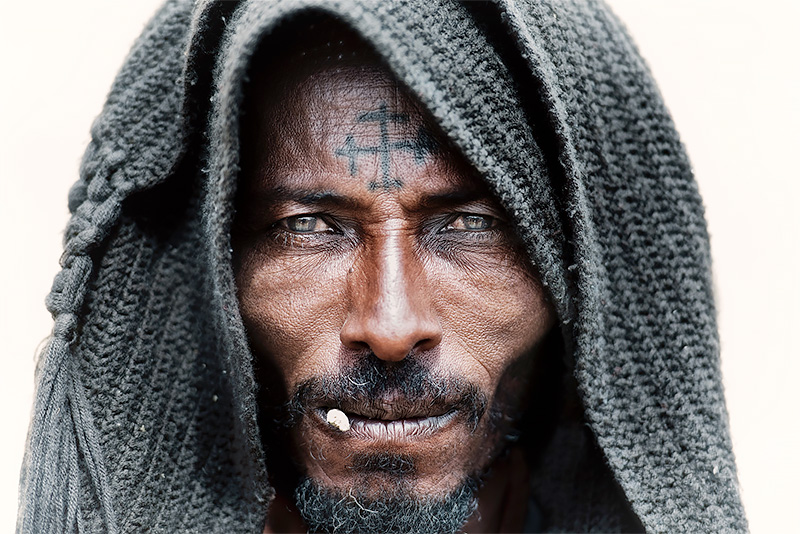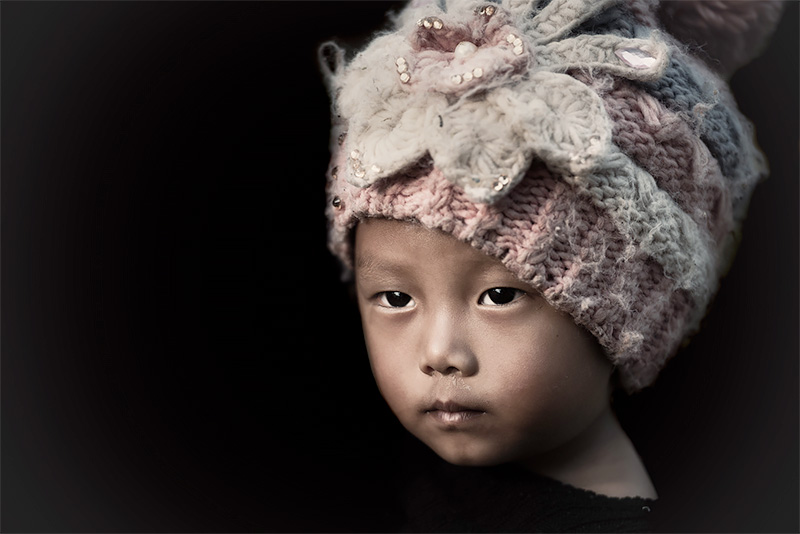Irish photographer
Trevor Cole, travelled the world to capture its different cultures and landscapes. His beautiful images reflect a spatial and temporal journey through life and convey a need to live in a more sustainable world. He explains I seek the moment and the light in whatever context I find myself and endeavour to use my photographic acumen to turn the ordinary into the extraordinary.
We asked him a few questions about his life and work.
All About Photo: Tell us about your first introduction to photography. What drew you into this world?
Trevor Cole: My interest in photography started at an early age when I travelled with my parents and they bought me a Roleiflex SLR. When I taught Geography in England and further afield I wanted to capture people and landscapes in different contexts. I love diversity and this includes both the human/cultural and the biophysical environment. A Geographer Photographer!
Where did you study photography?
I didn't! I am entirely self taught.
Do you remember your first shot? What was it?
The first images I took with an SLR (slide film) were on a journey to Turkey from Ireland overland when I was 19!
Do you have a mentor or role model?
I think the person I admire the most is Sebastiao Salgado, the Brazilian photographer. His project 'Genesis' which connects indigenous people to their environment is truly admirable. I also love the portraiture of Lee Jeffries.
What was the best piece of advice you were given starting out?
The photos you take will be the evidence that you have lived, travelled and experienced what there is to see on planet earth.
How do you prepare for your trips?
Slowly! Each trip is different depending on the destination. A trip to the African continent is very different than one to Iceland or the Highlands of Scotland. With Africa you have to think heat and tropical illnesses and visa requirements. With Iceland you have to think cold and good thermals!
Do you finance your trips or is your work commissioned?
Some I finance and some are financed by photo tours which are organised by me/us (
Alternative Visions) or I am invited to lead a tour by other companies.
You have travelled in many countries, is there one that marked you more than others?
I lived overseas for 24 years but one of my favourites is Ethiopia. I lived there for 4 years as a teacher have returned almost every year since leaving in 2010. In Ethiopia my focus tends to be on people and cultures. These people are still inextricably connected to nature in ways which we have lost in our homogenised world.
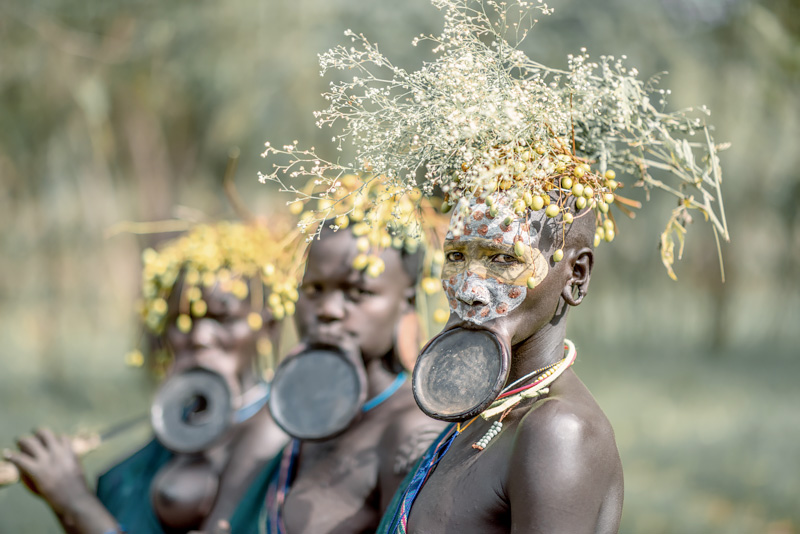
Omo Valley, Ethiopia © Trevor Cole
I think going to places where there is still a perceived risk from insurrection or terrorism tends to intimidate. South Sudan, Somaliland or Chad are all on the Foreign and Commonwealth 'not advised to go' lists. But I trust the agencies I use in these countries and so far these places have been very safe.
My worst souvenir!? I am a collector of old ethnic artefacts and have rarely made any choices I regret apart from a fake star ruby bought in Burma a long time ago when being naive was still a part of the travel experience!
Do you travel alone?
Sometimes yes and sometimes with small groups.
How do you manage your time as a photographer and a guide for international photo tours?
I think it is important to travel, at times, to photograph for your own inspiration but when I am with groups I also get the chance to shoot, especially if the group is very experienced.
Your images are very intimate, we feel you were adopted by the inhabitants, how did you manage to get so close?
Taking portraits of people in the marketplace, street or in a tribal village requires interaction. There are clandestine shots which are often taken with a longer lens and are discreet but most of my 'people' based photography is a product of inter-personal moments. I like to spend time, talk, get to know those who are being photographed. I always ask and even when my efforts are rejected I always respect their choice. Sometimes, even with difficult subjects, spending a little time and using a little humour can yield positive results. In Ethiopia most people are relatively easy to photograph except, perhaps, for those who are more conservative culturally and religiously. Even then, I relish the challenge and will certainly try!
What is the population's response to your camera in general?
In general the response is positive but in remote areas it can intimidate and there are sometimes cultural taboos associated with 'capturing' a portrait or people.
Is there a country where you were unable to take portraits?
Somaliland was particularly challenging and so too the more conservative areas of Eastern Ethiopia. But occasionally you get a lucky break which makes it all worthwhile.
What makes the difference between a good image and an iconic image?
Great question! I think to be a photographer of any worth you have to be creative. To have an eye to see composition in Landscapes, or qualities in a face that make it photogenic. I used to always say that geographers use both hemispheres of the brain to see patterns as well as to be analytical. I think photographers have similar skills and they are essential in getting the 'shot' that makes a difference. It is important to be self critical and there is also a need for others to appraise your photography through their 'new' eyes. Light, luck and location also play a role and sometimes it is only retrospectively that you realise that you have captured something special.
Why do you work mostly in color?
I take all my images in colour but I also convert many to black and white - if it feels right! This works for both portraits and landscapes.
What equipment do you use?
I use a Nikon D810 and D850 with the AF-S Zoom-Nikkor 14-24mm f/2.8G ED, AF-S Zoom-Nikkor 24-70mm f/2.8G ED, AF-S Nikkor 70-200mm f/2.8G ED VR II, and AF-S Nikkor 85mm f/1.4G. These lenses make all the difference in terms of sharpness. I have used Nikon now since the days of analogue photography and I feel that once you invest in gear it is best to stick with it and I am comfortable with doing so.
Do you spend a lot of time editing your work?
As little as possible but as files are taken in 'raw' mode they are meant to be 'developed' in the same way someone might have used a darkroom in the past. I do a little in Lightroom and Nik software but most of this tends to be altering tones, contrast and I love to desaturate a little.
What compliment touched you the most or what do you think is your biggest accomplishment?
A difficult question to answer but I have been a finalist in 'travel photographer of the year' 5 times and was Wanderlust's (UK's no1 Travel magazine) photographer of the year in 2016. I do enjoy entering competitions and being published as it all generates exposure. I think when others see your images positively it gives you assurance that what you are doing has, at least, some appeal.
What advice would you give someone who would like to become a photographer today?
I think as a travel photographer my photos are a way of saying 'get out there', relish what the World can offer. Take the road less travelled and capture those moments today to reflect upon tomorrow.
What mistake should a young photographer avoid?
Trying to emulate others. Be inspired by other photographers and adopt ideas but creating your own style is an imperative. Learning to use gear well instils confidence.
Your best memory as a photographer?
There are many! In 2007 I climbed Erte Ale, an active shield volcano, in the Afar region of Ethiopia. This region is the hottest on the Earth and is also very tectonically active. The climb takes two or three hours and due to the heat you time it to arrive at the summit as the sun has set. We were a small group and at that time very few had been to such a remote location. The sky was star studded but it was the allure of the red glow from the crater which truly drew me to what seemed to be the edge of existence. Standing and peering down into a cauldron of molten lava, heaving, emitting gases and erupting on a micro scale simply blew me away. It is one of the very few lava lakes on Earth and is one of the oldest, a sight to behold and make you feel insignificant.
Favorite(s) photographer(s)?
As I said earlier, Sebastiao Salgado. He truly is in touch with people and their interaction with the environment. He predominantly a black and white photographer which I also love.
What are your upcoming projects/trips?
I am taking a small group from the US along Ireland's Wild Atlantic Way next week and then in November I am going to explore Eritrea and afterwards take a small group (4) to the Mundari and Dinka cattle camps of South Sudan. After that I am going with two groups, back to back, to the Omo Valley in Ethiopia in February.
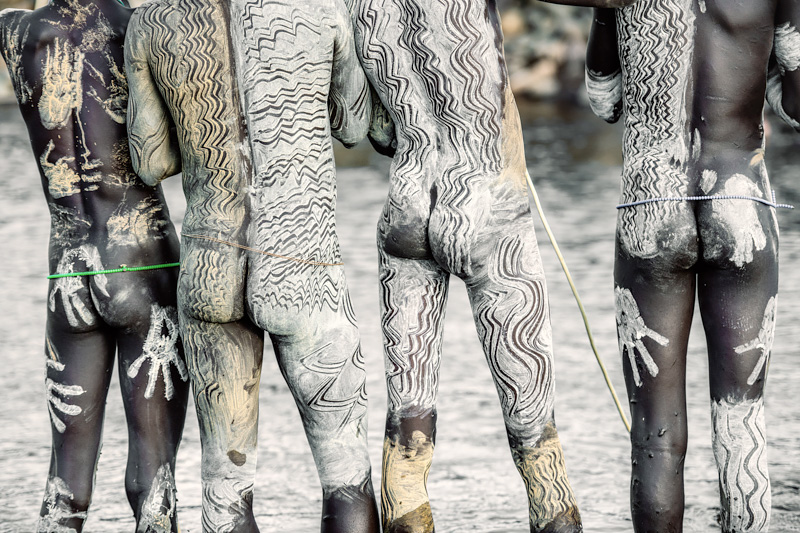
Omo Valley, Ethiopia © Trevor Cole
I think one of my most memorable moments was whilst driving in 2016 through the small town on Jinka in the SNNPR region of Ethiopia (The Omo). Looking out the window I spotted a local kid on the street with startling blue eyes. Of course, I stopped the vehicle and went to have a chat with him and ask him if it was OK for a few of us to take his photograph. He was such a nice kid, called Abusha, and clearly he had been spotted before! We took a few images and gave him a little money for his trouble. Two years later I set out to find Abusha and took him for a drink and another little photo session (I was leading a photo tour). Despite the fact that he has been photographed a lot he was humble and always willing to partake. This time we gave him a little cash and also a few clothes for which he was very grateful. As an urban dweller he was already 'westernised' and no longer wore tribal attire. (I included his image in the photos sent)
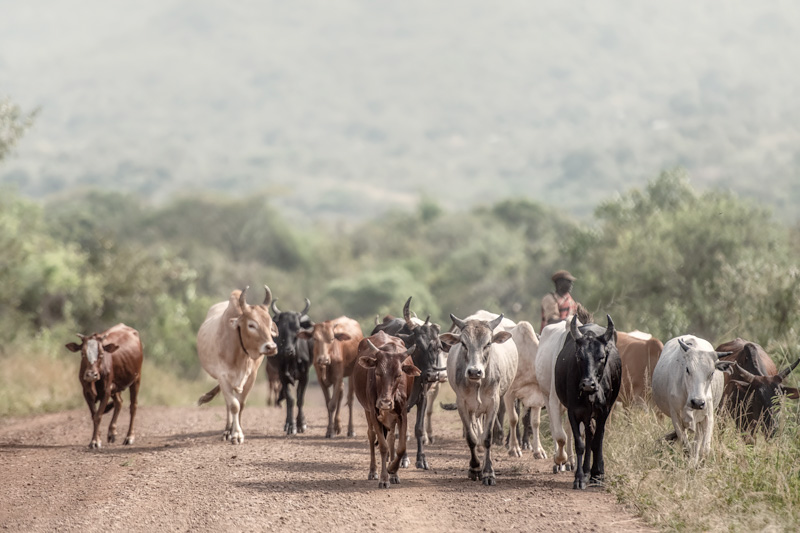
Omo Valley, Ethiopia © Trevor Cole
Emotive, atmospheric and enduring (The moment is ephemeral, the image is enduring)
If you weren't a Photographer, what would you be doing?
I loved teaching internationally but I guess I would love to be a presenter for something like the 'Human Planet
Anything else you would like to add?
I think that the ongoing destruction of habitat, biodiversity and homogenisation of human diversity has had a big impact on me over time. I am a Geographer and I like to think that capturing the indigenous people today and the environments in which they live will perhaps have relevance for future generations. There is an excellent documentary called 'ancient futures' which focuses on the need to go back to understanding how nature works. Photography can capture 'what is' and sadly it rapidly becomes 'what was'. So it is the ongoing destruction of our planet and its impact on people which influences me most.
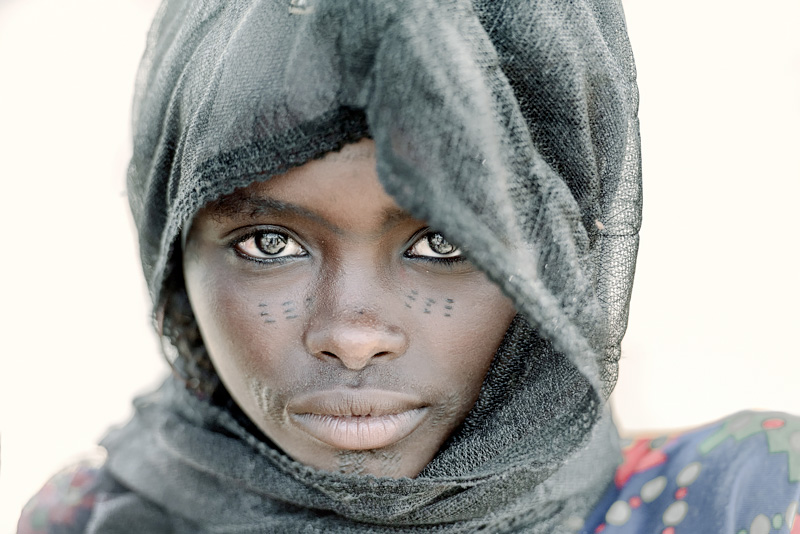
Chad Gerewol © Trevor Cole
